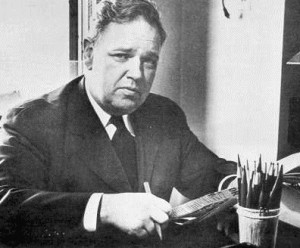I arrived in Texas yesterday for the C. S. Lewis Foundation Retreat. Most of the attendees won’t be here until later today. I’m early because I’m taking part in the Academic Roundtable that is held prior to the main events.
Already I’ve met some very nice people (this is my first Lewis function, so I don’t really know anyone) and last evening I attended what is called the “Bag End Cafe,” a nod to Lewis’s friend, J.R.R. Tolkien.
Everyone was sharing favorite poems. Now, here’s where I make a terrible confession. I’m not really into poetry. Shocking, I know. I should do a penance of some type.
 However, I do really like prose that has a poetic quality to it. I believe that’s one reason why I’ve always been attracted to Lewis’s writing. Another person who wrote like that is Whittaker Chambers. I was on the verge of sharing something Chambers wrote in his magnificent Witness when the gathering ended. Here’s what I would have read, taken from Chambers’s reflections on the death of the spirit after WWI:
However, I do really like prose that has a poetic quality to it. I believe that’s one reason why I’ve always been attracted to Lewis’s writing. Another person who wrote like that is Whittaker Chambers. I was on the verge of sharing something Chambers wrote in his magnificent Witness when the gathering ended. Here’s what I would have read, taken from Chambers’s reflections on the death of the spirit after WWI:
The dying world of 1925 was without faith, hope, character, understanding of its malady or will to overcome it. It was dying but it laughed. And this laughter was not the defiance of a vigor that refuses to know when it is whipped. It was the loss, by the mind of a whole civilization, of the power to distinguish between reality and unreality, because, ultimately, though I did not know it, it had lost the power to distinguish between good and evil.… The dying world had no answer at all to the crisis of the 20th century, and, when it was mentioned, and every moral voice in the Western world was shrilling crisis, it cocked an ear of complacent deafness and smiled a smile of blank senility—throughout history, the smile of those for whom the executioner waits.
To me, that’s a wonderful combination of poignant prose that whispers, “If you listen closely, this is poetry.”
Looking forward to the rest of this retreat.
